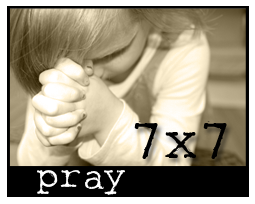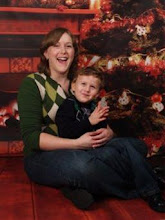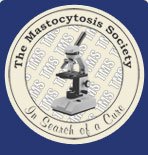
I was going to post about my Dad's 67th birthday today (Sept. 25th), but instead I have an urgent prayer request. My dad had a rough day today - rough. He didn't sleep last night at all, but didn't tell us until this morning that he couldn't sleep because his chest hurt. Being my dad, he can be a tad stubborn, he said that it was nothing and that he was pretty sure he pulled a muscle (although later in the afternoon he told me he was thinking it could be pericarditis - something he has had 3 or 4 times before).
So, tonight . . . exactly 4 minutes ago, my dad and mom set off for the hospital - the pain has gotten worse and has spread. He has a fever and has slept most of the day (both of which are symptoms of pericarditis). He had a really rough day, and hasn't been feeling well the past week. Please pray that this is not another episode of pericarditis and that it isn't something else just as serious. Please, also continue to pray for his healing.
And . . . just in case you were wondering . . .
What is pericarditis?
"The hearts sits in the center of the chest and is surrounded by a sac called the pericardium. This sac has two layers, one that fits tightly onto the heart muscle and another looser layer surrounding the inner layer. Inflammation of these tissue layers surrounding the heart is referred to as pericarditis.

Pericarditis At A Glance:
Pericarditis is an inflammation of the lining surrounding the heart (the pericardial sac).
Pericardial effusion is a collection of fluid in the pericardial sac. This fluid may be produced by inflammation.
The cause of pericarditis in most patients is unknown, although many diseases can cause pericarditis (such as a virus/a cold, arthritis, kidney failure, leukemia).
The diagnosis of pericarditis is made by history and physical examination including the presence of a rubbing sound heard (friction rub) with a stethoscope. It may confirmed by EKG and echocardiogram, an ultrasound examination of the heart
Pericarditis is treated with anti-inflammatory medications and by treating any underlying disease.
Pericardial tamponade occurs when enough fluid accumulates in the sac to compromise the heart's ability to adequately pump blood.
Tamponade is treated by pericardiocentesis, removing the fluid with a needle. Sometimes surgery is needed to strip away part or the entire pericardial sac from the heart. "
(The above was taken from http://www.medicinenet.com/pericarditis/article.htm).
I will write an update as soon as I hear anything. I will also post an update on Isaiah a little later.
Blessings,
Kelly
























No comments:
Post a Comment